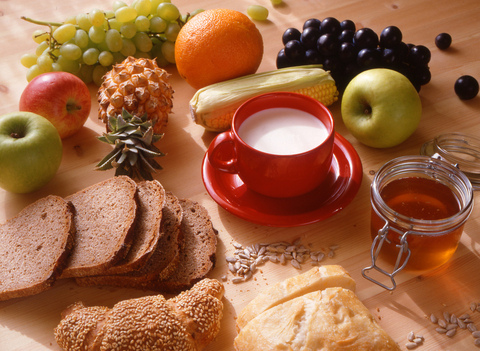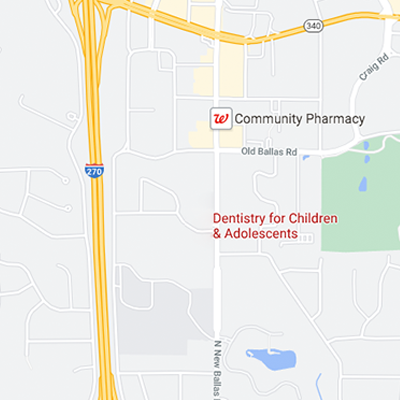It seems that every day, a new article is released proclaiming the risks to your children’s teeth and overall health if you let them drink soda or sugary drinks. We heartily agree with these reports, of course, but a mistake often made by parents is to substitute soda with fruit juice drinks thinking they are doing their children a healthy favor, when nothing could be further from the truth.
Today’s entry focuses on fruit juice facts, and some healthy alternatives for your children to keep their smiles bright, and their future health even brighter!

Fruit Juice Facts
The real danger in fruit juices lies in two factors—fructose content and acidity. Almost everything you consume has some amount of high-fructose corn syrup (HFCS) in it as a substitute for actual sugar. Aside from the obvious dangers associated with the compound, (just type in ‘high-fructose corn syrup’ and see what pops up, it will shock you) it can wreak havoc on a young child’s teeth.
Our bodies processes HFCS differently from white sugar. HFCS causes intense blood sugar fluctuations which can cause minerals to be pulled away from bones and teeth. This absence leaves teeth weakened and more vulnerable to decay.
Next, the acidic content of these fruit drinks creates a double whammy on a young person’s teeth. The pH scale runs from 7 to 0, where 7 indicates something incredibly basic (meaning non-acidic) and 0 indicates something very alkaline (very acidic). For example, battery acid is rated as a 1, and tap water is rated as a 7 on the pH scale.
Did you know that a Capri Sun rates at 2.9? Or that a Hi-C Lemonaide drink rates at a 2.7 on the pH scale? Cranberry juice is rated as a 2.6, and contains 46 grams of sugar per 12 ounce serving. In case you wondering, that’s a lot.
Common go-to drink substitutes such as Sunny Delight don’t rate well either. It rates as fairly acidic at 2.4 on the pH scale, with 30 grams of sugar per 12 ounce serving.
So what are the alternatives?
Alternative Options
Well of course, water. For adults, this tends not to be an issue, but getting a young child to drink enough water in a day can be laborious. Using an orange slice for flavor can prove fruitful (pun intended) in this process, or perhaps a lemon. Coconut water is low in sugar and high in potassium, which makes it a perfect, flavorful addition to any fridge.
Milk is commonly considered okay by many pediatricians. Often, they recommend using whole milk until the age of two, then cutting back to 2% or skim. It has a low sugar content (2% has 16 grams per 12 ounce serving) and contains plenty of calcium and vitamin D—both of which are vital. If your child is allergic to dairy-- soy, hemp or rice milks that are calcium fortified make great substitutes.



